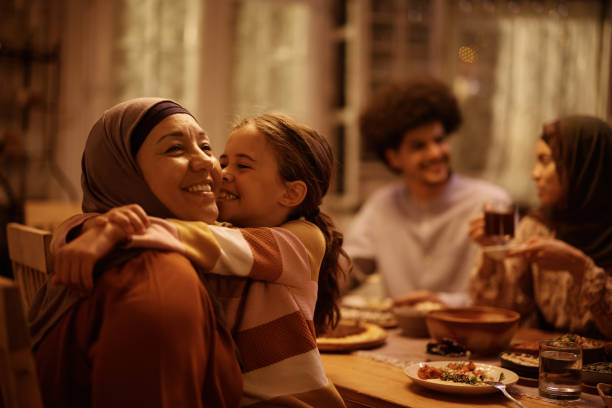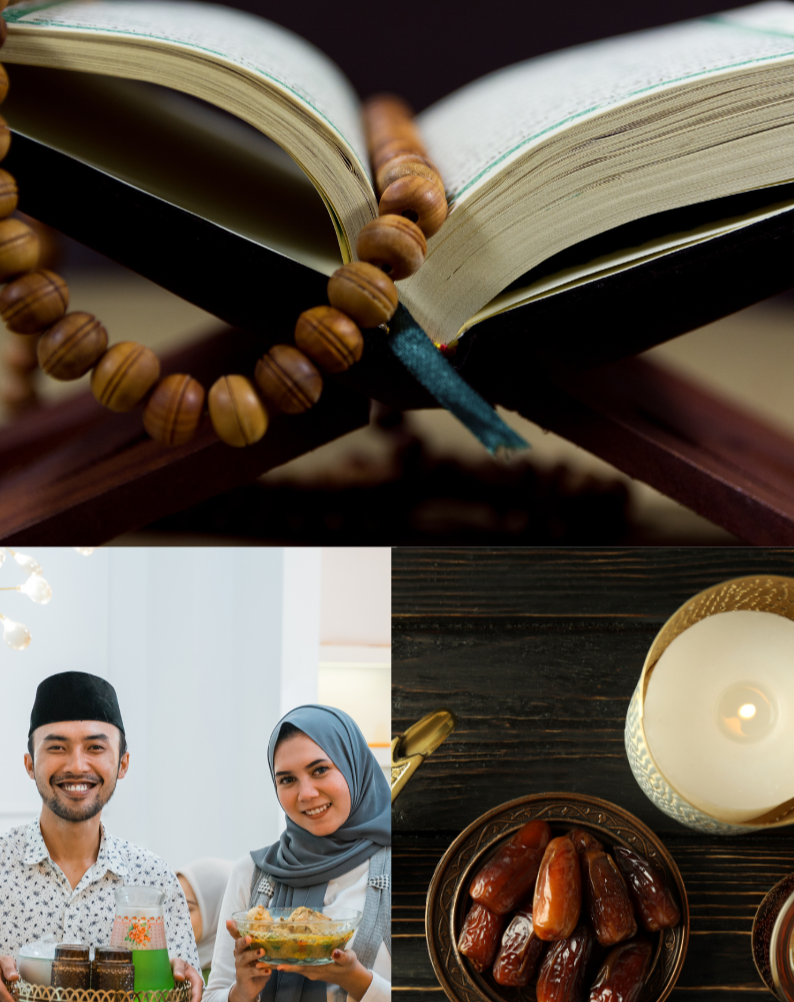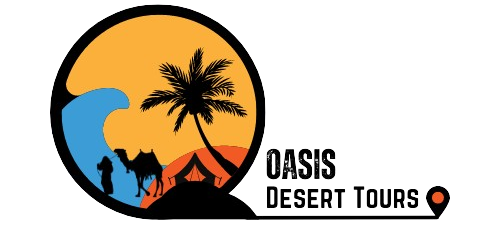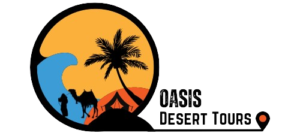Customs & Traditions: Learn about Ramadan in Morocco
Table of Contents
ToggleEvery year, the sighting of the new crescent moon signals the start of Ramadan, the ninth month of the Islamic calendar. This month is the holiest in Islamic culture, marking a period of fasting, prayer, and reflection for Muslims worldwide.

Understanding Ramadan: The Significance of the Islamic Lunar Calendar.
The Islamic lunar calendar, which is based on the phases of the moon, causes variations in the start of Ramadan each year. In Saudi Arabia, a moon observation commission decides when Ramadan begins and ends. It begins the day after the committee announces the new crescent moon, which is difficult to view because it is quite slender and only visible for roughly 20 minutes. Lunar computations are used to determine whether the moon is in the sky if fog or clouds prevent it from being seen with the unaided eye.In ancient Arab calendars.
Ramadan was also observed. The Arabic root “Ramada” رمض, meaning searing heat, is where the term “Ramadan” originates. Muslims hold that the Prophet saw the angel Gabriel in 610 AD Muhammad محمد received the Qur’an, the Islamic sacred scripture, as a revelation. This revelation, known as Laylat Al Qadar (Night of Power), is thought to have occurred during Ramadan. During this month, Muslims fast to honor the revelation of the Qur’an.
During Ramadan, good Muslims should strive to grow spiritually and strengthen their relationships with God. They accomplish this by praying and reciting the Qur’an, performing intentional and unselfish good deeds, and avoiding gossiping, lying, and fighting.
_______________
Ramadan Karim! is the most prevalent expression used to congratulate Ramadan. Ramadan Mubarak! رَمَضان مُبارَك
_______________

Throughout the month, Muslims must also abstain from drinking and having 6 between sunrise and sunset. Fasting is obligatory for all Muslims, except those who are sick, pregnant, travelling, elderly or menstruating. Missed days of fasting can be made up throughout the rest of the year, all at once or one day here and there.
Meals are opportunities for Muslims to gather with others in the community and break their fast. Suhoor السحور is the breakfast before dawn, usually taking place at 4:00 in the morning, hours before the first prayer of the day. Iftar الإفطار is the evening meal and can begin after the sunset prayer is over, usually around 7:30.
Eid al-Fitr, or the “festival of breaking the fast,” is most celebrated by Muslims after the last day of Ramadan. It starts with group prayers at the crack of dawn. People come together to pray, dine, exchange gifts, and pay their respects to departed family members during these three days of festivity. Large-scale prayer meetings and carnivals are held in some cities.
Travel To Morocco During Ramadan.
Amazing Morocco during Ramadan can be a unique and enriching experience. You’ll witness the country’s deep-rooted Islamic traditions, with locals observing fasting from dawn to dusk. While some businesses may have adjusted hours, many tourist attractions and restaurants remain open. You can still explore bustling souks, indulge in delicious local cuisine, and experience the vibrant nightlife after sunset. However, it’s important to be respectful of local customs, dressing modestly and refraining from eating or drinking in public during daylight hours.

